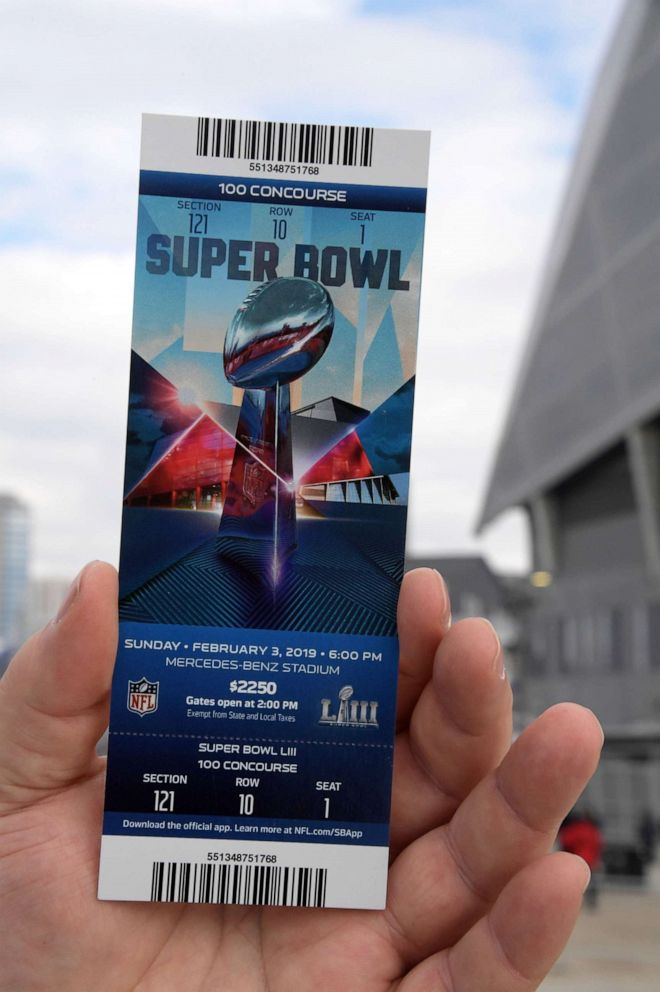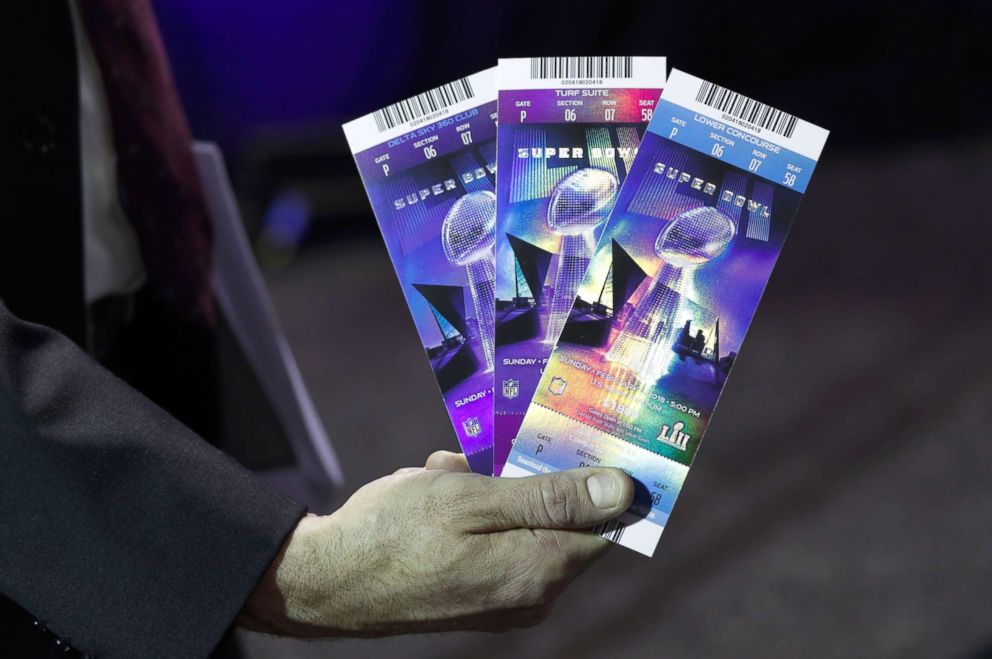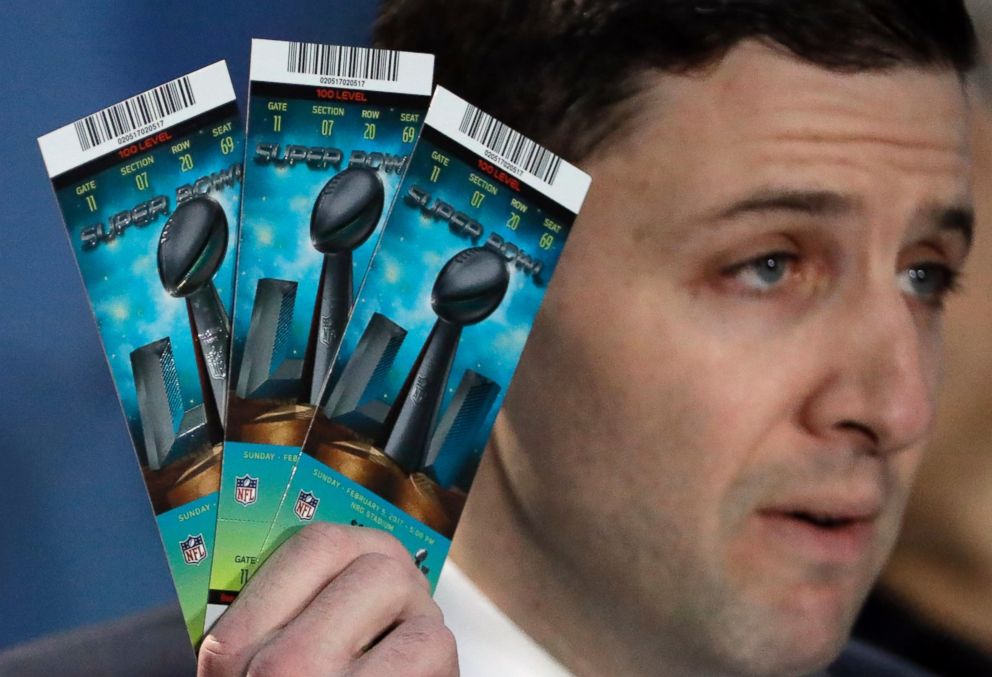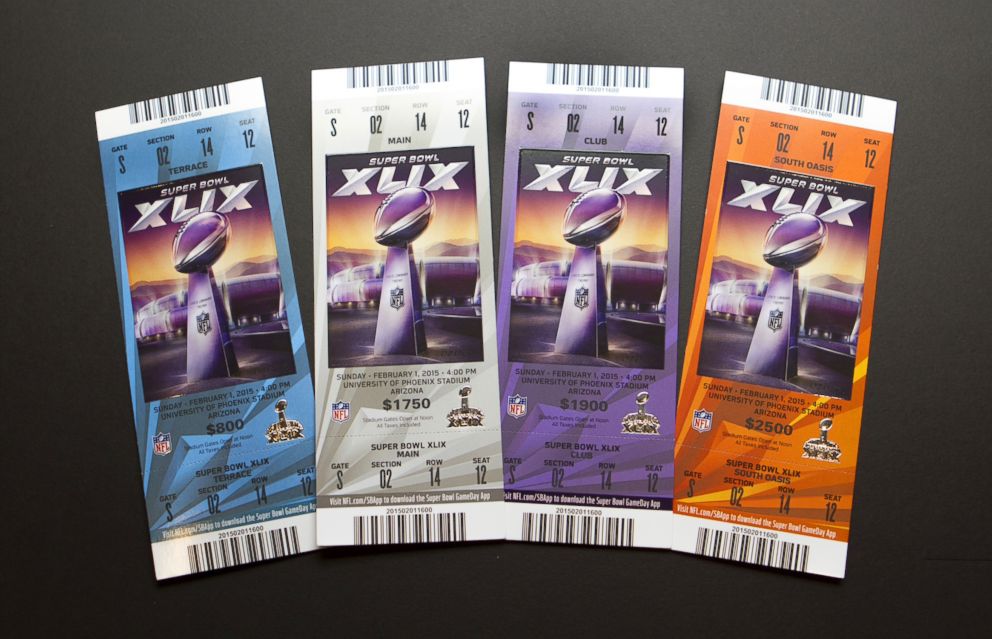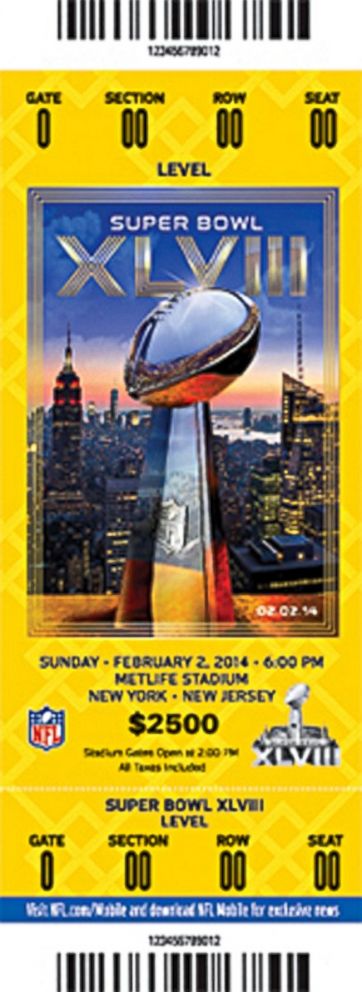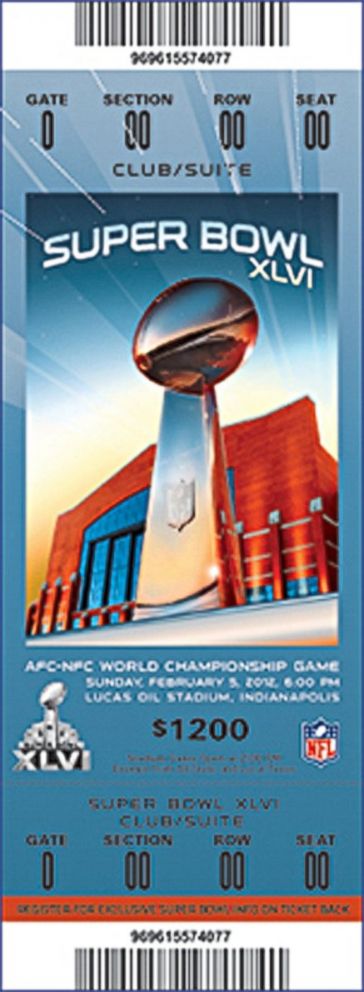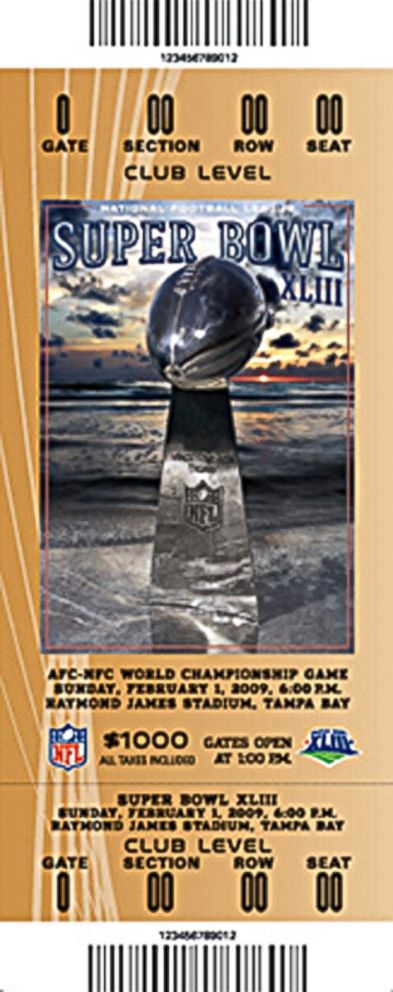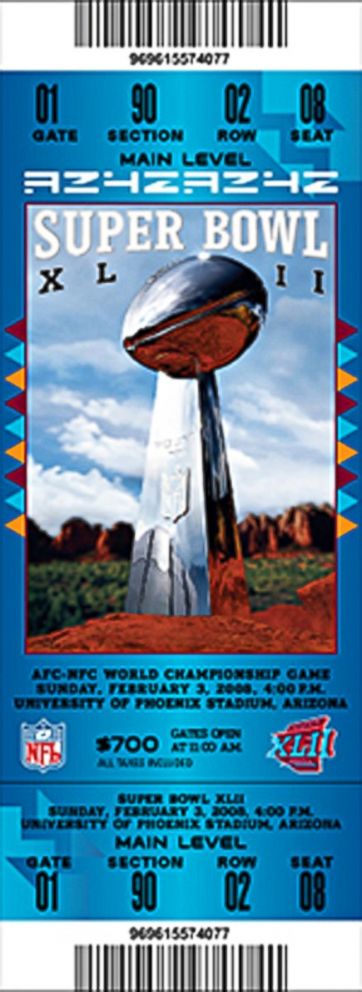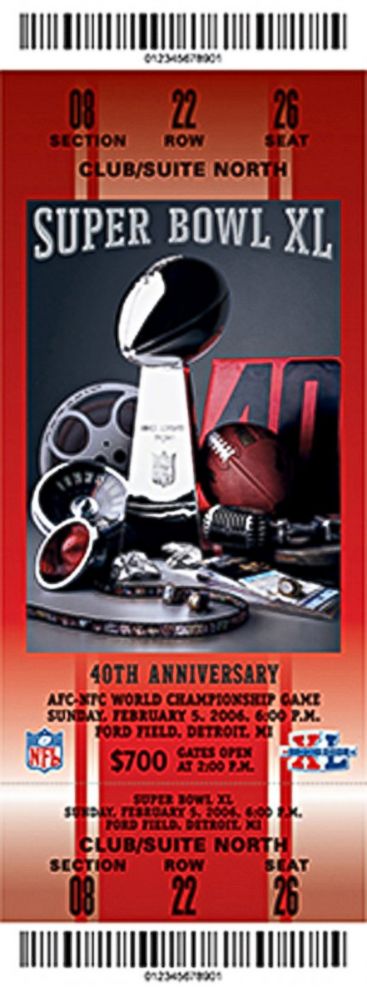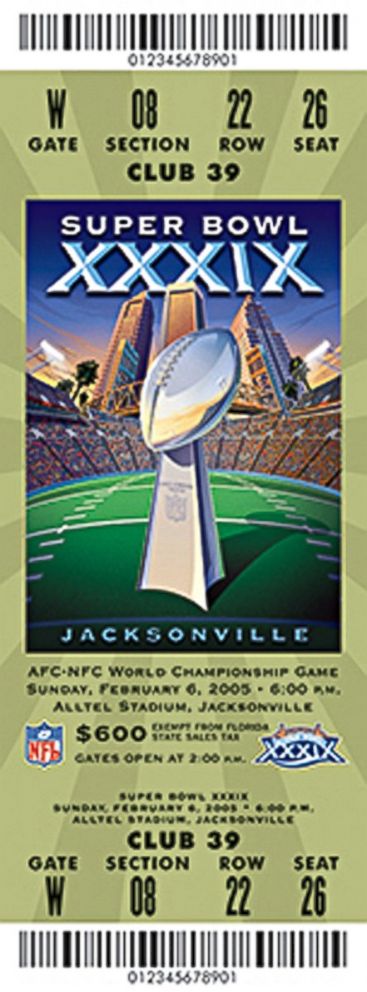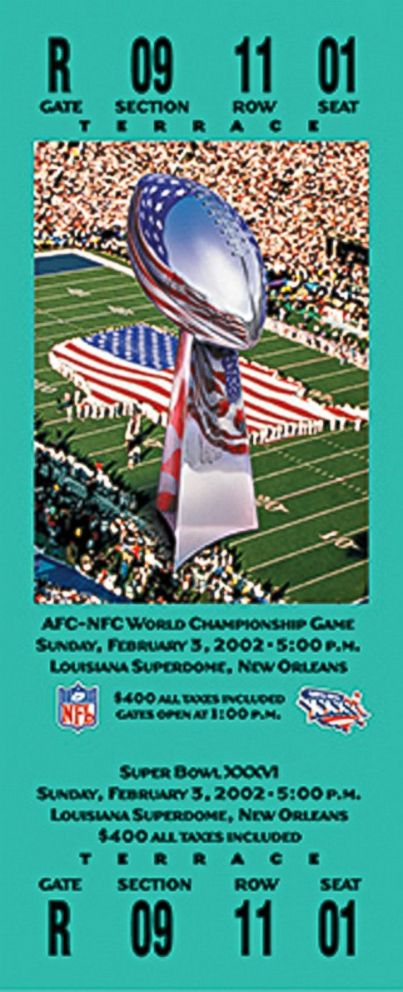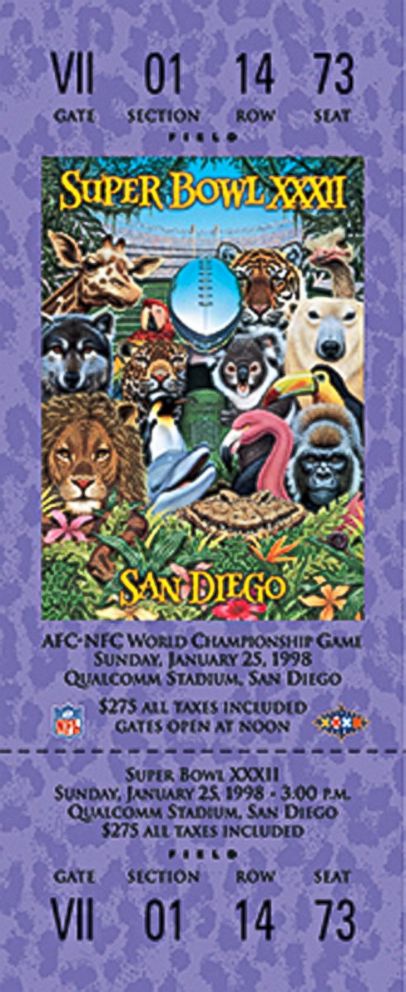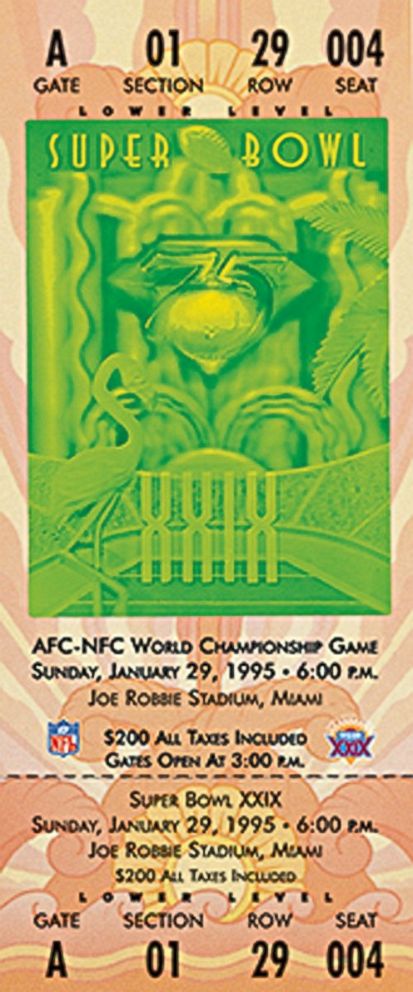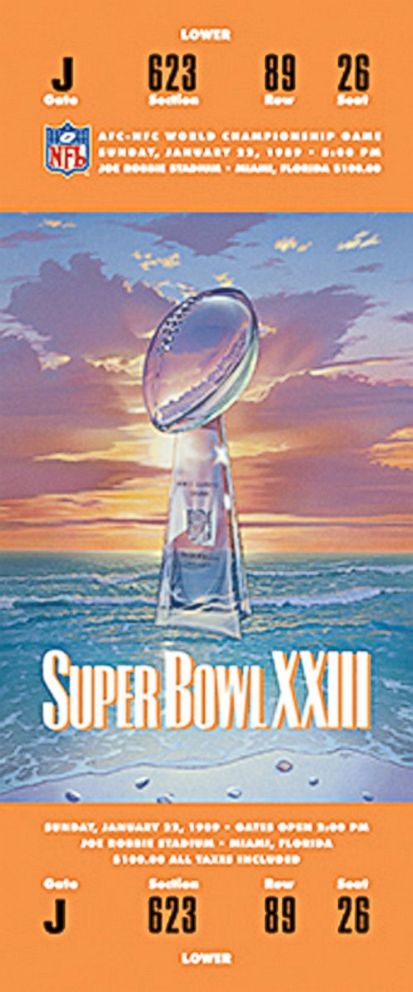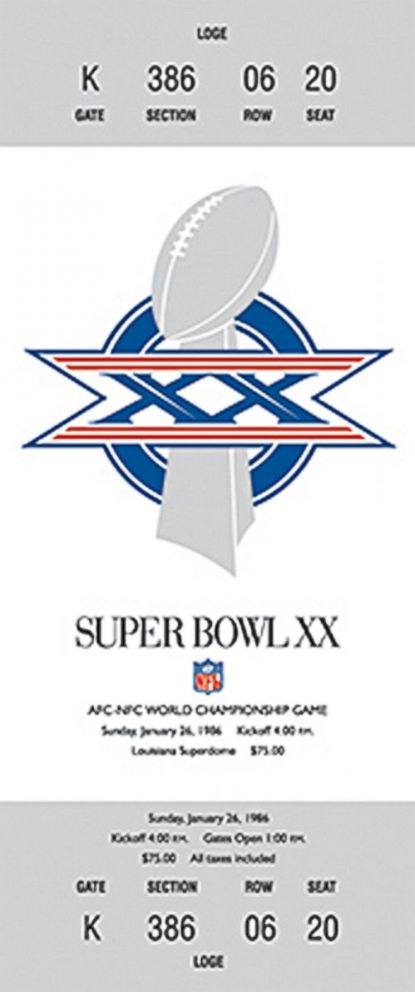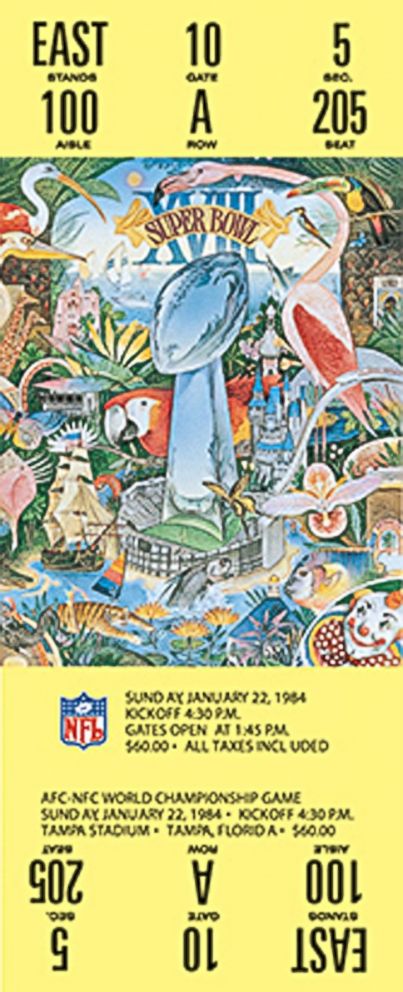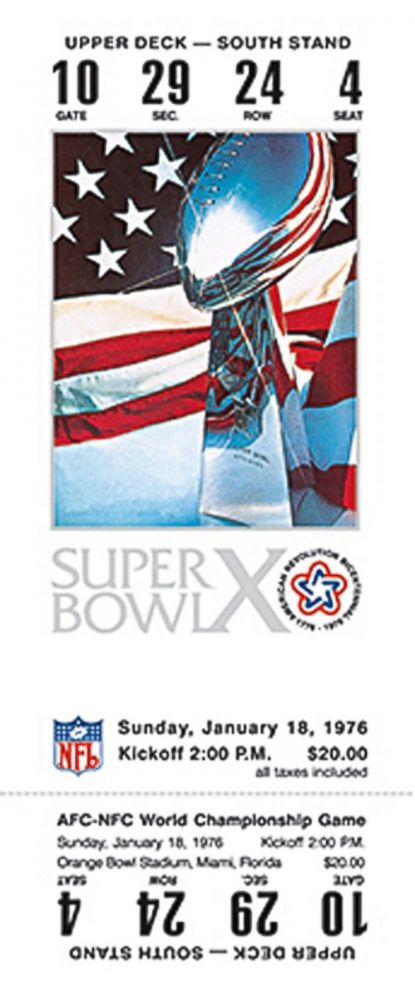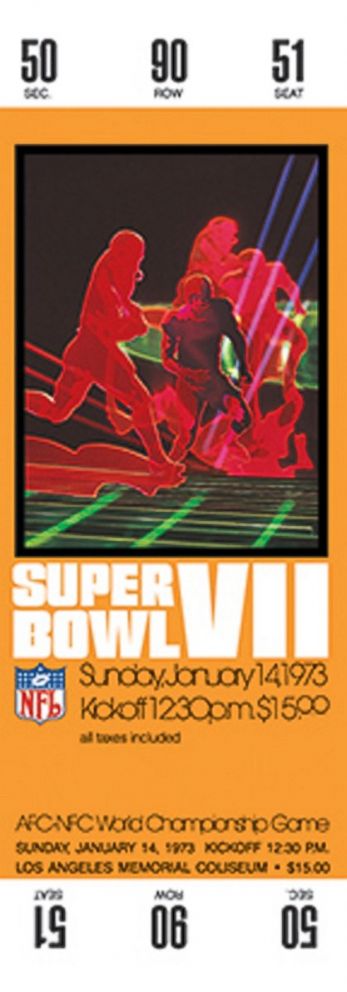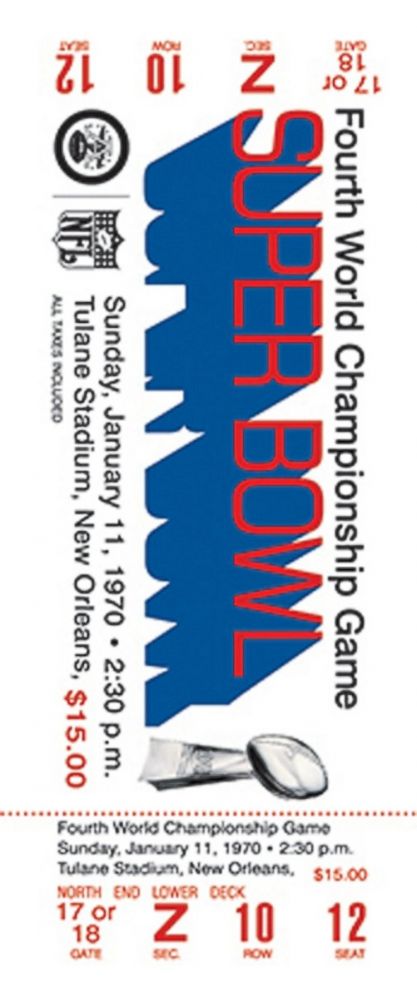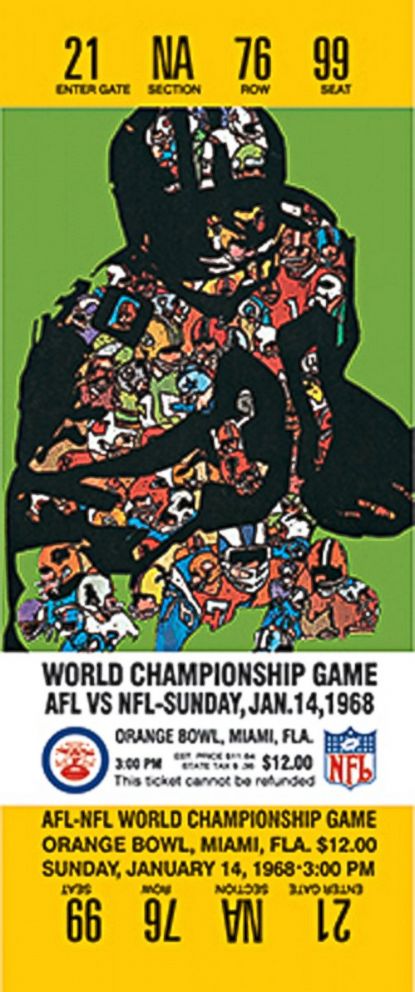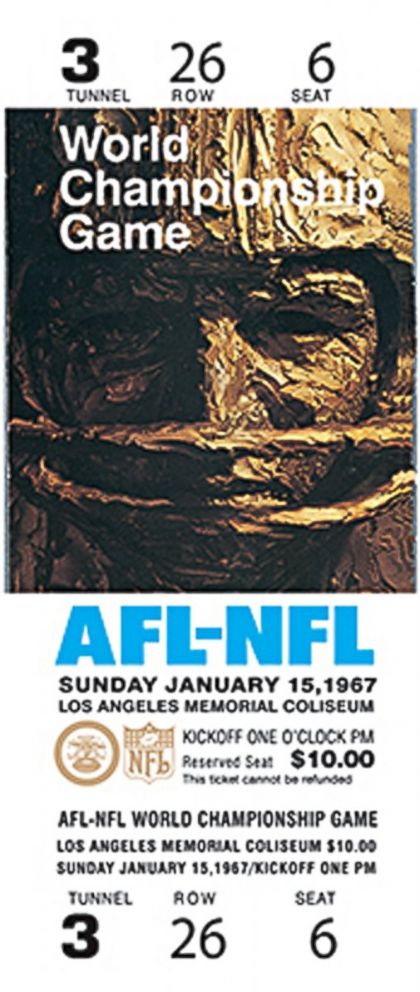New Jersey Supreme Court rules in favor of NFL over Super Bowl ticket prices
The ruling is likely to doom the federal lawsuit of a New Jersey man.
The NFL did not skirt any state consumer protection laws when the league decided how to allocate tickets for the 2014 Super Bowl at MetLife Stadium, the Supreme Court of New Jersey ruled Wednesday.
The ruling is likely to doom the federal lawsuit of a New Jersey man, Josh Finkelman, who claimed he was forced to pay $2,000 – more than twice the face value – for his Super Bowl seat because the NFL withheld far too many tickets from the general public in violation of the state's ticket law.
Super Bowl: An evolution of tickets in photos
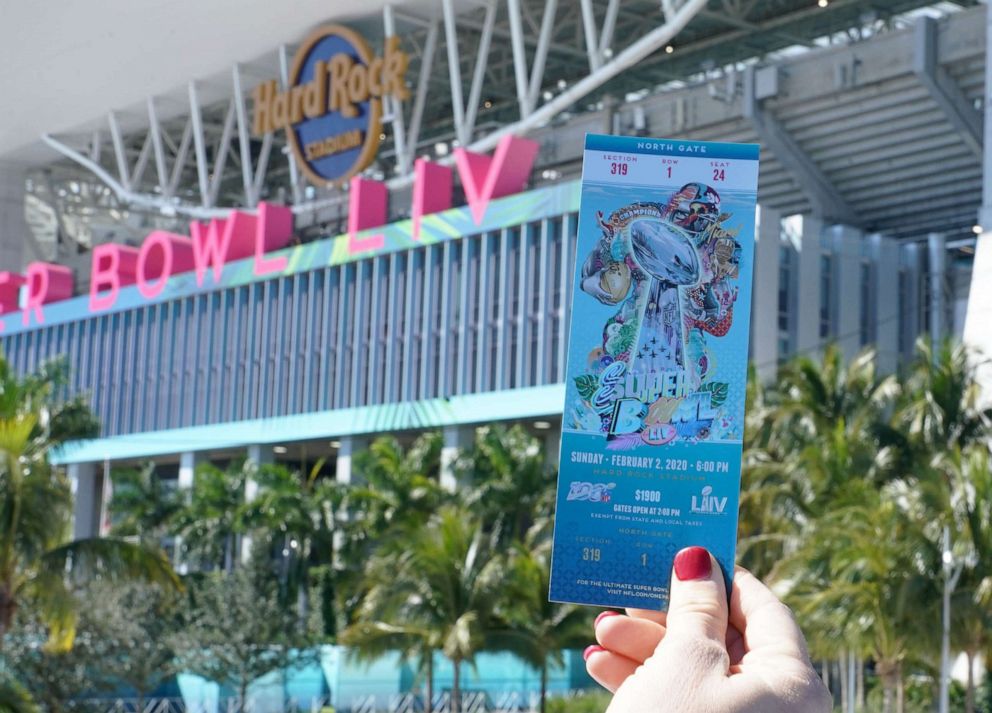
The NFL released one percent of 2014 Super Bowl tickets to members of the public who had won the right to buy them via a lottery. The league gave the remaining 99 percent of tickets to teams, broadcast networks, corporate sponsors and others.
Finkelman claimed a since-repealed state law required the vast majority of tickets be made available to the general public but the court disagreed.
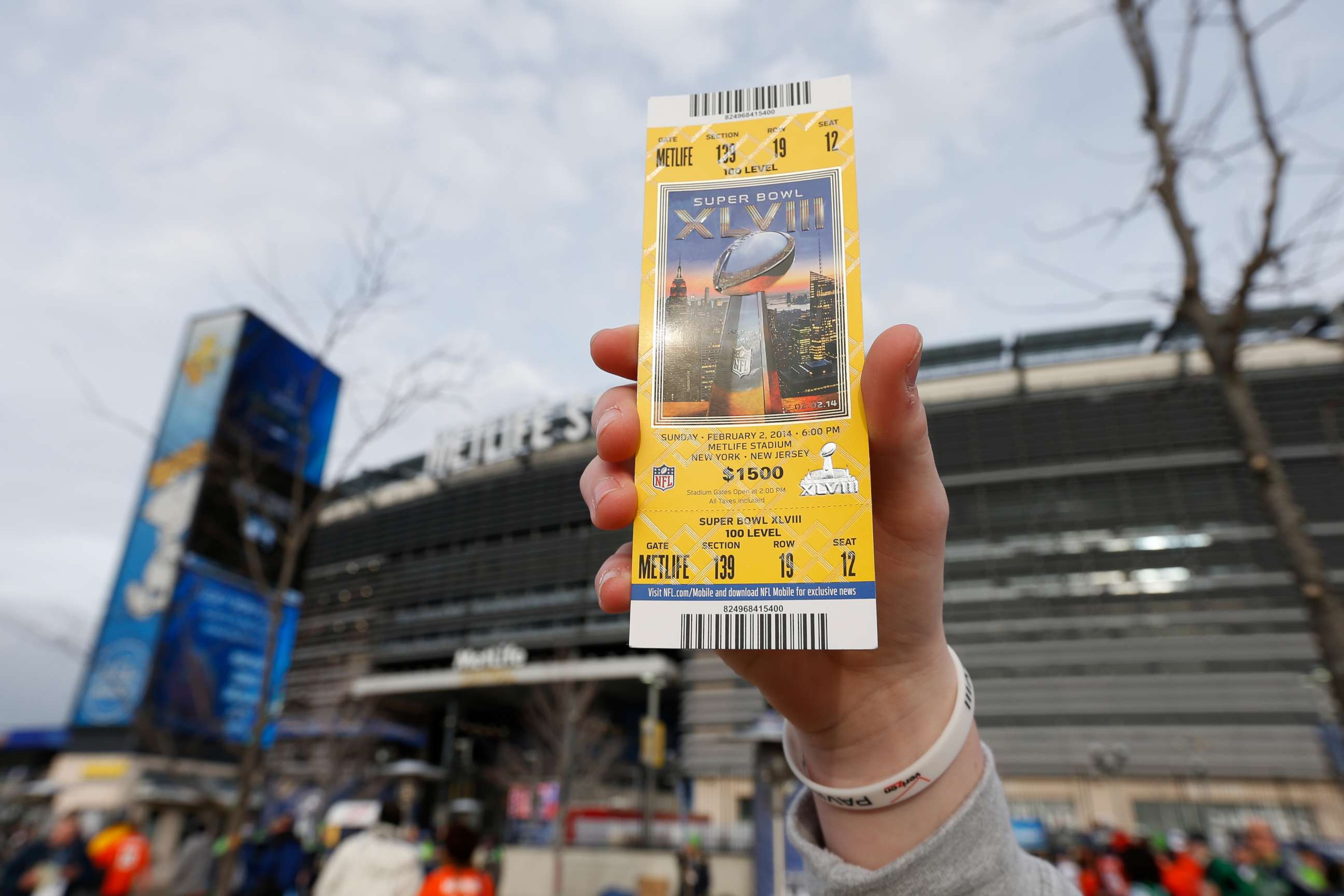
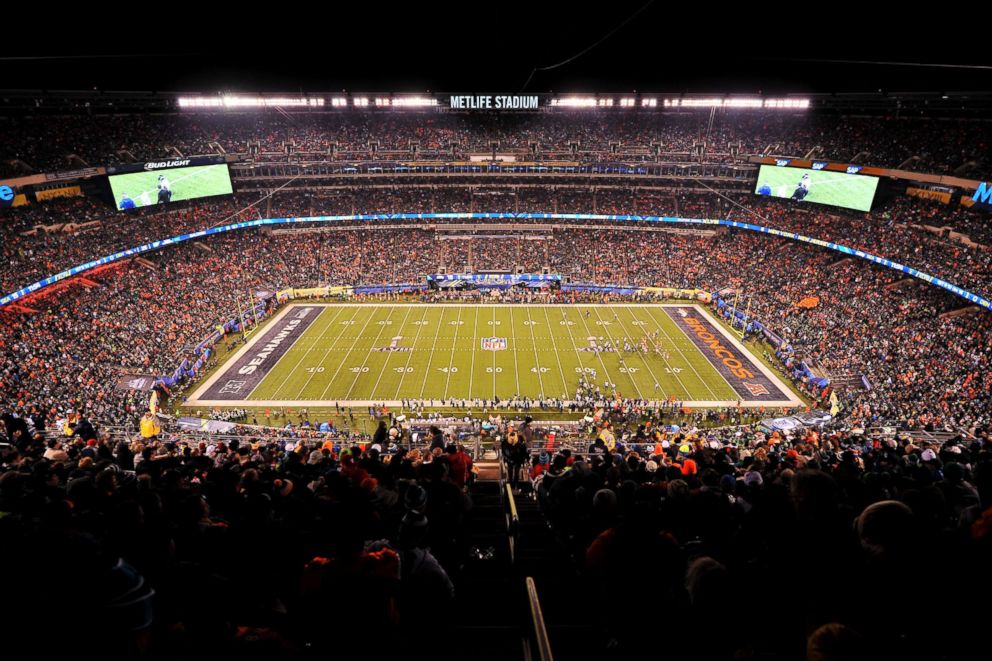
“The Legislature sought to impose a more modest constraint on the sale of tickets to sports and entertainment events,” Justice Anne Patterson wrote. “We do not consider the NFL’s distribution of other tickets to the 2014 Super Bowl to its teams, other selected individuals, and entities to constitute the unlawful withholding.”
The NFL praised the court's ruling Wednesday.
"We are pleased by today's ruling by the New Jersey Supreme Court, which unanimously confirmed that the NFL's distribution of Super Bowl XLVIII tickets was in full compliance with applicable law," NFL spokesman Brian McCarthy told the Associated Press in an email.
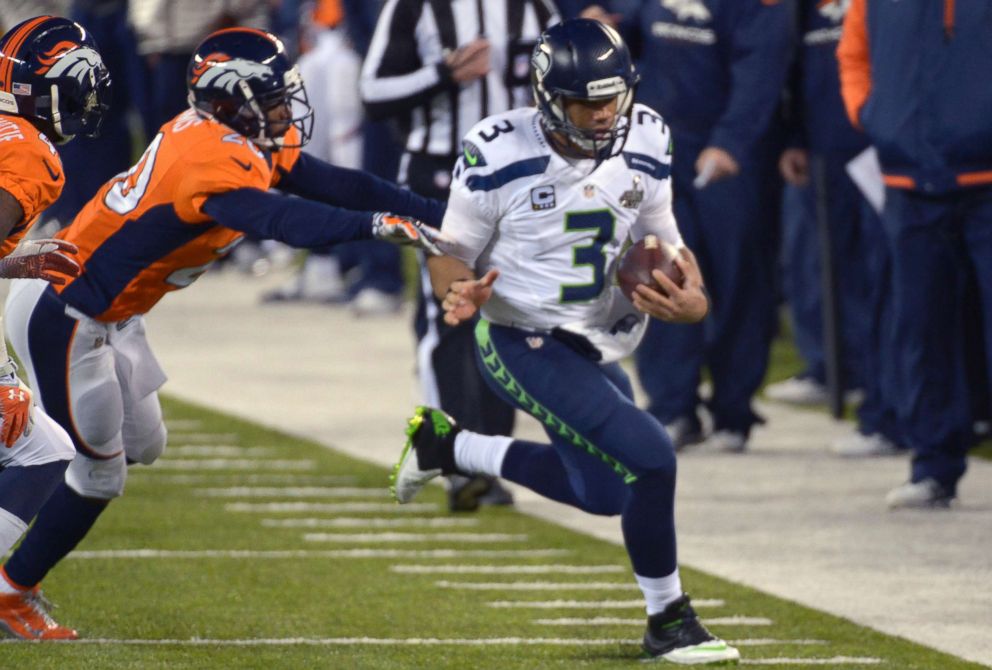
For his part, Finkelman’s attorney blasted the decision.
“It’s the most anti-consumer opinion that has been issued in decades out of New Jersey,” said Bruce Nagel, a partner at Nagel Rice LLP in Rosewood, New Jersey. “The Legislature passed a law to ensure the public had access to fair-priced tickets and the Supreme Court, at least with regard to the Super Bowl, basically nullified the statute. It’s a sad day for consumers under this ruling today.”
Nagel declined to speculate on what the state ruling might mean for Finkelman’s federal lawsuit, which is pending before the 3rd U.S. Circuit Court of Appeals.
